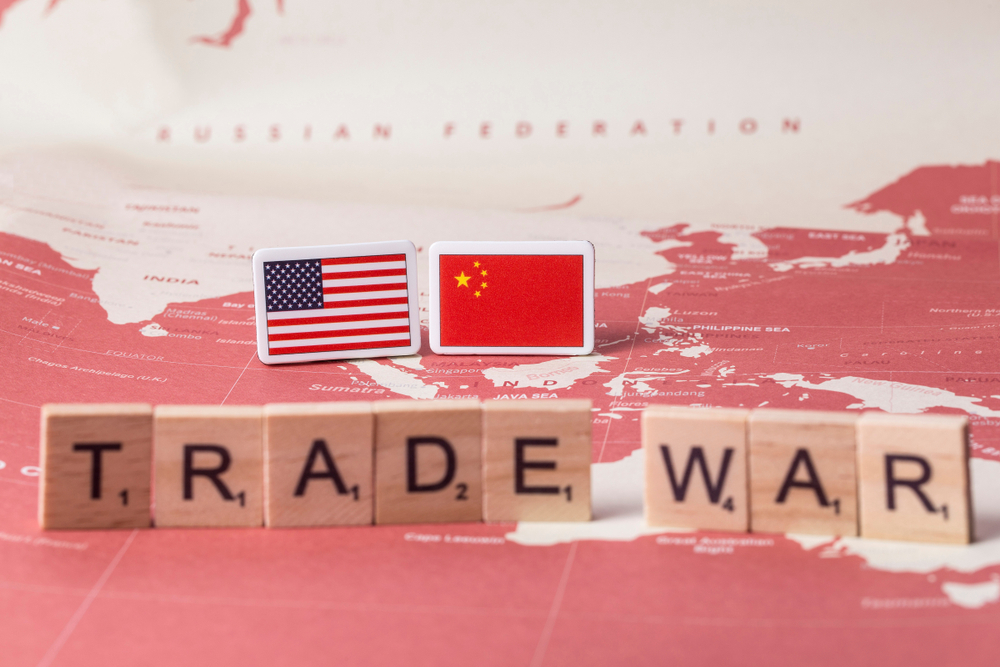US-China Trade Deal Moving Well, Could Stock Market Rebound in 2019?

The trade war between the United States and China has placed immense pressure on the stock market of both countries since mid-2018. With a new trade agreement in the works, China-U.S. relations are expected to improve in the months to come.
U.S. President Donald Trump said on December 29 that a comprehensive trade deal is currently being drafted in an attempt to increase U.S. exports and eliminate the friction between the two major economies.
“Deal is moving along very well. If made, it will be very comprehensive, covering all subjects, areas and points of dispute,” Trump said.
March 2019
The U.S and China are set to conclude on a trade agreement by March 1 of next year. The wide range of subjects, industries, and products the trade deal is set to cover has made it more difficult for the negotiators of both parties to come to a consensus.
Already, high tariffs on certain products and areas such as car exports have been put on hold by China. Previously, car manufacturers in the likes of Tesla were charged a 40 percent tariff. Affected by it, Tesla China sold the Tesla Model 3 at a price of over $99,000.

On Christmas Eve, the government of China officially suspended tariffs on cars and several other major exports of the U.S. until March 1, relieving pressure on U.S. companies. But, if a comprehensive trade deal is not formed by the end of the first quarter of 2019, then the high tariffs on U.S. products and companies will resume.
The price of Tesla Model S and X has been lowered by around 25 to 30 percent and the price of the company’s latest Model 3 has been readjusted to $72,000, down 27 percent from $99,400.
Many analysts generally believe that a trade agreement will be established before March, given the damage both countries could face if no deal is established and the tariffs imposed prior to December are re-implemented.
While China has suspended tariffs on major U.S. experts, the government firmly emphasized that the tariffs will be imposed again on March 2 depending on the result of the trade deal. The U.S. also threatened to increase the tariffs on Chinese goods from 10 percent to 25 percent on March 2.
The 15 percent increase on $200 billion worth of Chinese products that include electronics and machinery could have a serious impact on local companies and factories, which have been struggling for some time now.
Impact on the Stock Market
Some large-scale conglomerates have told Reuters that they are preparing for tough and difficult days ahead.
Jiang Ming, the chairman of Tianming Group, a conglomerate involved in health care, construction and finance, said:
Survival is paramount for us (next year)–we will be more cautious with our investment. We also need to maintain better cashflows and save our ammunition to prepare for the tight, tough and difficult days ahead.
The failure to come to an agreement on the trade deal could lead the stock market of the two countries to plummet below bear market levels. But, if the U.S. and China develop a trade deal that works for both economies, the stock market of the two countries may see unprecedented gains in the second quarter of 2019.
Featured Image from Shutterstock. Price Charts from TradingView .